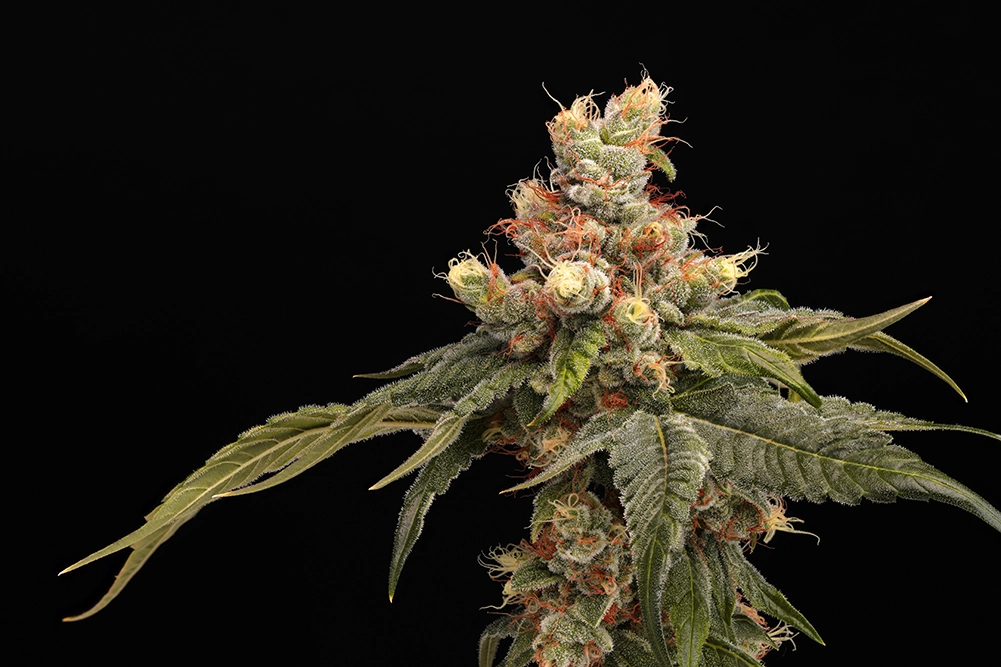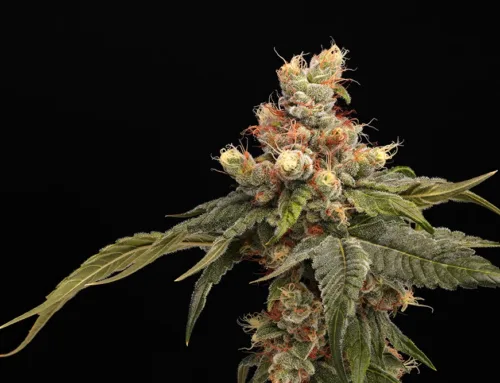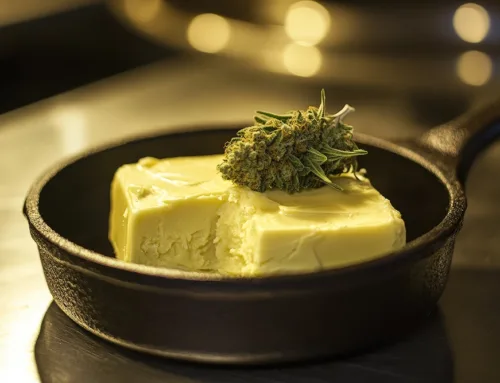The European Cannabis Industry
Mary Jane Berlin: Revolutionizing the European Cannabis Industry
The Mary Jane Expo offers a comprehensive platform for industry professionals and enthusiasts, providing valuable insight into the evolving European cannabis market. Before legalization, the organizers were proactive in advocating for cannabis reform. They had strong connections with Hanfparade, Germany’s largest pro-cannabis organization, which had a profound impact on the foundation of cannabis legalization in Germany.
The 2024 edition of Mary Jane Berlin was held at the Messe, Berlin’s most prestigious Exhibition Hall. The event attracted over 40,000 attendees during three exciting days, showcasing the substantial support for legalization within the European community. The event’s location in Germany also added to its significance, offering a platform not only for Germany but also for neighboring European countries with stringent cannabis regulations.
It’s doubtful that even the organizers expected such a turnout, and the substantial influx of people trying to enter the Expo halls on the second day prompted law enforcement to intervene to ensure the safety of all attendees. This incident highlighted the profound implications of legalization, emphasizing the need for robust security measures and crowd control protocols at future events.
The expansion of the European cannabis industry
Previously, companies were restricted in the types of cannabis products they could offer in Germany. However, with the change in legal status, the market has expanded. Now, cuttings and high-quality seeds are openly available, as well as a wider variety of cannabis-related products. This not only broadens the event’s audience to include entrepreneurs and potential investors but also highlights the various opportunities in the European cannabis industry.
Within a few minutes of arriving at the Expo, I was given a booklet outlining the basics of growing cannabis, which made me very optimistic about the event’s overall impact. Given the potential impact on the community, if all 40,000 attendees were to try growing their own cannabis plants, it could significantly increase home cultivation across Germany. This has the potential to establish Germany as one of the leading cannabis cultivation countries in Europe!
European Influence and support for legalization
Since the legalization of cannabis in Germany, the cannabis industry has experienced remarkable economic growth. This emerging market has created significant opportunities for individuals interested in working with cannabis. At events like Mary Jane Berlin, there has been a noticeable effort to connect newcomers with potential employment opportunities within the cannabis sector, contributing to diversity and innovation within the industry.
The rise of new German lighting brands like Luxna and GoLeaf is not the only development shaking up the cannabis industry in Germany. The growth of these new brands has sparked intense competition among seed banks, leading to a notable increase in the availability of high-quality genetics for consumers to choose from. This has not only expanded the variety of strains available but also raised the quality of genetics accessible to the consumer market.
International brands like Sensi Seeds, Paradise Seeds, Delicious Seeds, and Humboldt Seed Co. have not only contributed to the growth of the European market but have also extended their support to Germany. Their influence has been instrumental in shaping the cannabis industry in the country, creating a rich landscape of diversity and innovation. This reassures us of the promising and exciting future for cannabis in Germany and across Europe.
Mastering Clones and Cuttings
However, newcomers to the industry may encounter some issues. For instance, clones and cuttings are readily available throughout Mary Jane Berlin, but this raises concerns about the potential spread of Hop-latent viroid (HLVd). Cuttings taken from an infected plant often struggle to grow roots. Even if the cloned plants manage to grow roots successfully, 10-30% of them may become susceptible to HLVd if they experience stress during their growth cycle.
Konstantin Poerschke, a researcher at the University of Humboldt in Berlin, emphasized the potential risks associated with this phenomenon. For example, if an individual begins growing with clones already infected with the disease, it can potentially damage all subsequent harvests. Any affected areas may require industrial treatment to eliminate HLVd, which is not ideal for inexperienced growers or the large-scale cultivation of cannabis.
Embracing freedom and open cannabis consumption
After attending several cannabis expos around the world, I was surprised to find dedicated areas within the expo halls specifically for consuming cannabis. Even though cannabis products were not sold on-site, it was fascinating to see people openly enjoying bong rips, heating up dab rigs, and passing joints around in public. As the industry continues to expand, it’s clear there is a growing emphasis on prioritizing consumption.
After speaking with many attendees from around the world about legalization in Germany, it’s evident that the impact of these developments goes beyond Europe and is felt throughout the global cannabis community. This has resulted in an increasing willingness among people to visit Germany without worrying about using cannabis or facing social criticism. However, problems arose when attendees began mixing alcohol and cannabis.
Beer and cancellation culture
In a region recognized for its deep-rooted tradition and appreciation of beer, the organizers of Mary Jane Berlin made an unprecedented and unexpected decision to completely cease all beer sales throughout the venue. This move reflects the fact that many people in Germany are not accustomed to consuming cannabis alongside alcohol, especially when it involves mixing cannabis with tobacco, which is a common practice throughout Europe.
The decision to restrict the sale of beer at the venue sparked considerable debate among attendees. Some argued that it was necessary to ensure public safety, while others expressed disappointment. Nonetheless, it brought to light an ongoing discussion about the risks associated with combining cannabis and alcohol, prompting further harm reduction strategies in the future or potentially banning alcohol altogether at these events.
The future of Mary Jane Berlin
Without a doubt, Mary Jane has undeniably made its mark on the European cannabis industry and earned its reputation as the premier cannabis event in the region. Despite the challenges posed by the overwhelming turnout in 2024, the exposition emerged as a resounding success. More importantly, it has set the stage for potential legalization across Europe, a promising development for the industry.
See you next year, Germany!









